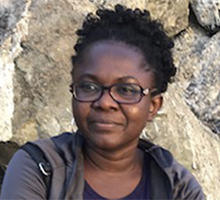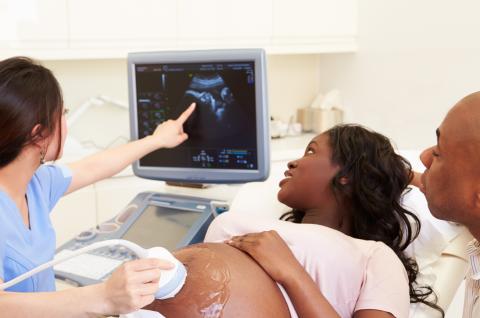
Patience Afulani
Assistant Professor, Epidemiology & Biostatistics
University of California, San Francisco
Dr. Afulani conducts research on the social and health system factors underlying disparities in reproductive, maternal, neonatal, and child health (RMNCH). Her research has extended the evidence on how RMNCH outcomes are shaped by the quality of care in health facilities as well as by social determinants. In addition, she has contributed to improved measurement of person-centered reproductive health care, and to the development of evidence-based interventions to improve RMNCH outcomes and reduce disparities.
Dr. Afulani’s prior work examined sources of disparities in the quality of antenatal care and how this affects the use of skilled birth attendants and birth outcomes in Ghana and Burkina Faso. In addition, she led the development of the person-centered maternity care (PCMC) scale and supported the development of a person-centered family planning scale, both of which were validated in Kenya and India. She also conducted research into sources of disparities in PCMC and barriers to providing PCMC in Kenya. In addition, she has worked on projects to design and evaluate interventions to improve the quality of care including PCMC in Ghana, Kenya, and India. She has also conducted research on the health and reproductive behavior of migrants from Africa, and on the consequences of food insecurity in the United States.
Dr. Afulani’s current projects include an NICHD K99/R00 award on addressing provider stress and unconscious bias to improve quality of person-centered maternal health care in Kenya; a UCSF Preterm Birth Initiative grant on the measurement of PCMC among women at risk for preterm birth in California; and a Gates-funded project to improve quality of care (including PCMC) through low-tech simulation training of providers in India.













